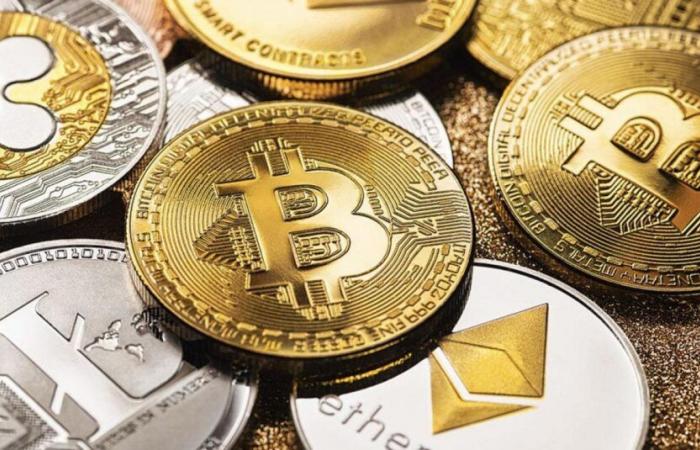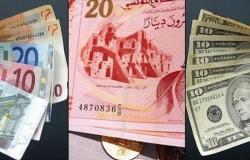Currency was captured by states at the rate of nation-state formation. The German economist Georg Friedrich Knapp (1842-1926), author of State Theory of Money published in 1905, had defended the idea of a state currency without intrinsic value or guaranteed by gold, provided that it was guaranteed by the State, since money is an emanation of the law. Knapp established Chartalist economic theory, asserting that money arises from law. This makes it possible to associate “legal tender”, but this is not enough: a trusted referent is needed, whether it is the State or a central bank.
In the case of bitcoin, the ethos of trust comes from a set of network-related mechanisms. It is therefore a monetary phenomenon, even if cryptocurrencies cannot yet be associated with a market having a major transactional role nor with a banking circuit of loans and borrowing. Bitcoin is thus, for the moment, a stock currency, which does not yet combine all the attributes of a complete currency.
But consider the ambitions of Donald Trump and Elon Musk, who want the United States to build a strategic stockpile of cryptocurrencies, probably acquired in dollars. This confers, very indirectly, a certain legitimacy, even a “pseudo legal tender”, to these cryptocurrencies. However, as they can be produced anywhere in the world, the United States seeks to dominate their production, which is consistent with its geopolitical logic.
There would then only be one step to take to establish a banking flow of cryptocurrencies (because otherwise, why build up a strategic stock?). At this point, these cryptocurrencies could become currencies in their own right, capable of penetrating the world of commercial and financial transactions.
The United States would then find itself with a “bi-metallic” system (in the modern sense), that is to say two currencies in circulation. This scenario refers to the law of Thomas Gresham (1519-1579), who observed that “bad money drives out good money”. When two currencies coexist, economic agents prefer to keep and hoard the “good” currency, while using the less credible one for their exchanges, in order to get rid of it quickly.
In this hypothesis, the “bad” currency could become the dollar. If so, it could lead to an implosion of the global monetary system, far more serious than the 1971 U.S. decision to abandon dollar-to-gold convertibility. Between then and the end of the 1970s, the price of gold increased 16-fold.
But we must go further: this brings us back to the theories of Friedrich Hayek (1899-1992), a libertarian economist (like Musk), who rejected state interventionism and refuted the sovereign privilege of minting money, which he considered usurpatory. This Austro-British economist called for monetary free will and the abolition of the money printing monopoly by central banks. He considered monetary sovereignty and state interference to be the main dangers that threatened the harmonious functioning of money.
Hayek advocated a system of competition between different currencies, private and public, within which the least reliable currency would have led to hoarding the most durable currency. By becoming a follower of the axiom of David Ricardo (1772-1823), stated in 1817, according to which “experience shows that never has a State or a Bank had unlimited power to issue paper money without abusing it”, he pleaded for the denationalization, or even the dismantling, of currency in a system of competition.
His argument was based on the idea that currency was politicized. According to Hayek, in such a system, fragile currencies would have disappeared by natural selection, while an infinite (and therefore never successful) quest for monetary monopoly would have been established. This contemporary coexistence of sovereign currencies and cryptocurrencies or private currencies requires quoting this economist. Hayek’s idea makes it impossible to achieve a stationary monetary state, because any dominant currency would be constantly challenged by another.
I think that, as fresh as they are, these ideas are belied by reality: the stability of money and the predictability of its value are necessary conditions for saving and investing. However, nothing is impossible in the domain of symbolism, to which currency fully belongs. And I fear that the next few years will be full of (bad) monetary surprises.






